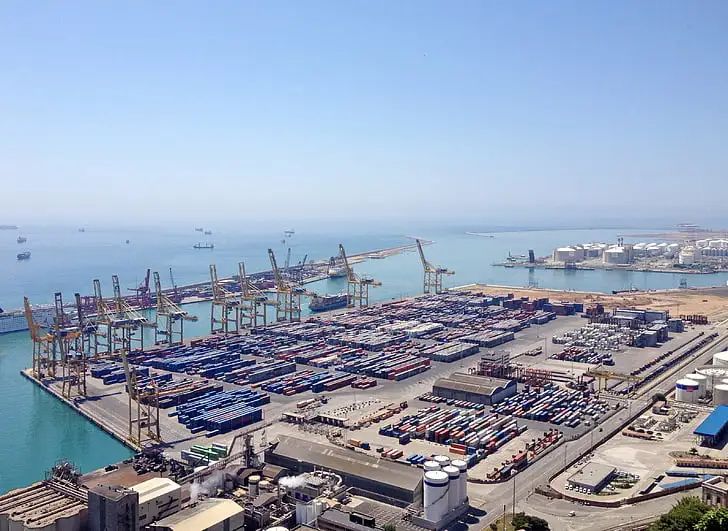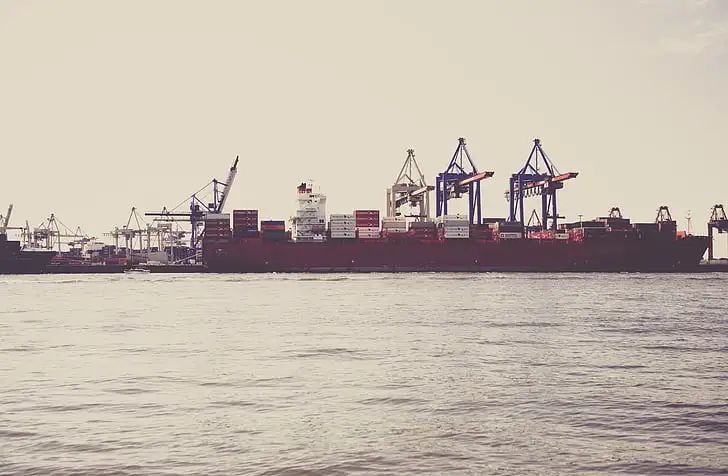Shipping companies start a price war? Expert: Bland
Last week, Hapag-Lloyd announced its results for the first quarter of 2023, with overall performance down. Habben Jansen, chief executive of the company, said that no one would believe that spot freight rates have fallen to such low levels that they are below operating costs on some routes. Especially on the Pacific route.
The freight rate is lower than the cost, coupled with some recent market dynamics, it seems that we can see that the container shipping industry is entering the abyss of price war.

Alan Murphy, chief executive of container consultancy Sea Intelligence, said today's market was "ripe" for a price war.
"With a large amount of excess capacity already present and more capacity coming on stream this year and next, coupled with a weak demand environment, the market is ripe for a price war, especially as shipping companies have had excess war chests over the past few years in the case of."
There are three ways in which the container shipping industry can avoid price wars. One is the sudden surge in demand, whose scale is close to the peak demand during the epidemic; the second is large-scale dismantling and idle capacity; the third is the refusal of container shipping companies to accept money-losing goods. But Murphy said that none of the above three scenarios have occurred so far.

Hua Joo Tan, head of research firm Linerlytica, described the price war as "prosaic". "Shipping lines have given up all their April earnings. Blank sailings are being canceled, sailing speeds are rising, and shipping lines have raised charter rates," Tan said.
Meanwhile, Simon Heaney, senior manager of container research at Drewry, refuted talk of a price war. Simon Heaney said that if you look at the three-year roller coaster of container freight rates, it was a price normalization, not a price war.
What do you think about the price war?




















